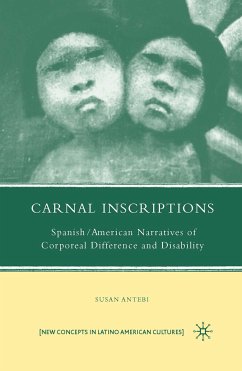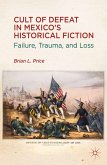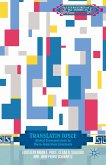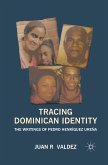Dieser Download kann aus rechtlichen Gründen nur mit Rechnungsadresse in A, B, BG, CY, CZ, D, DK, EW, E, FIN, F, GR, HR, H, IRL, I, LT, L, LR, M, NL, PL, P, R, S, SLO, SK ausgeliefert werden.
"Antebi's Carnal Inscriptions: Spanish American Narratives of Corporeal Difference and Disability is the first English-language study to deal with the representation of physical difference, real and imagined, in contemporary Spanish American fiction.This book is a major contribution to cultural studies and the function of disability discourses in Spanish American writing.Antebi is sensitive to the history and fantasy of physical difference, including that of race, in the diverse cultures of Latin and South America in ways that any scholar interested in disability studies, literary studies, or Spanish American culture will find engaging and enlightening." - Sander L. Gilman, Emory University, Author of Fat: A Cultural History of Obesity









